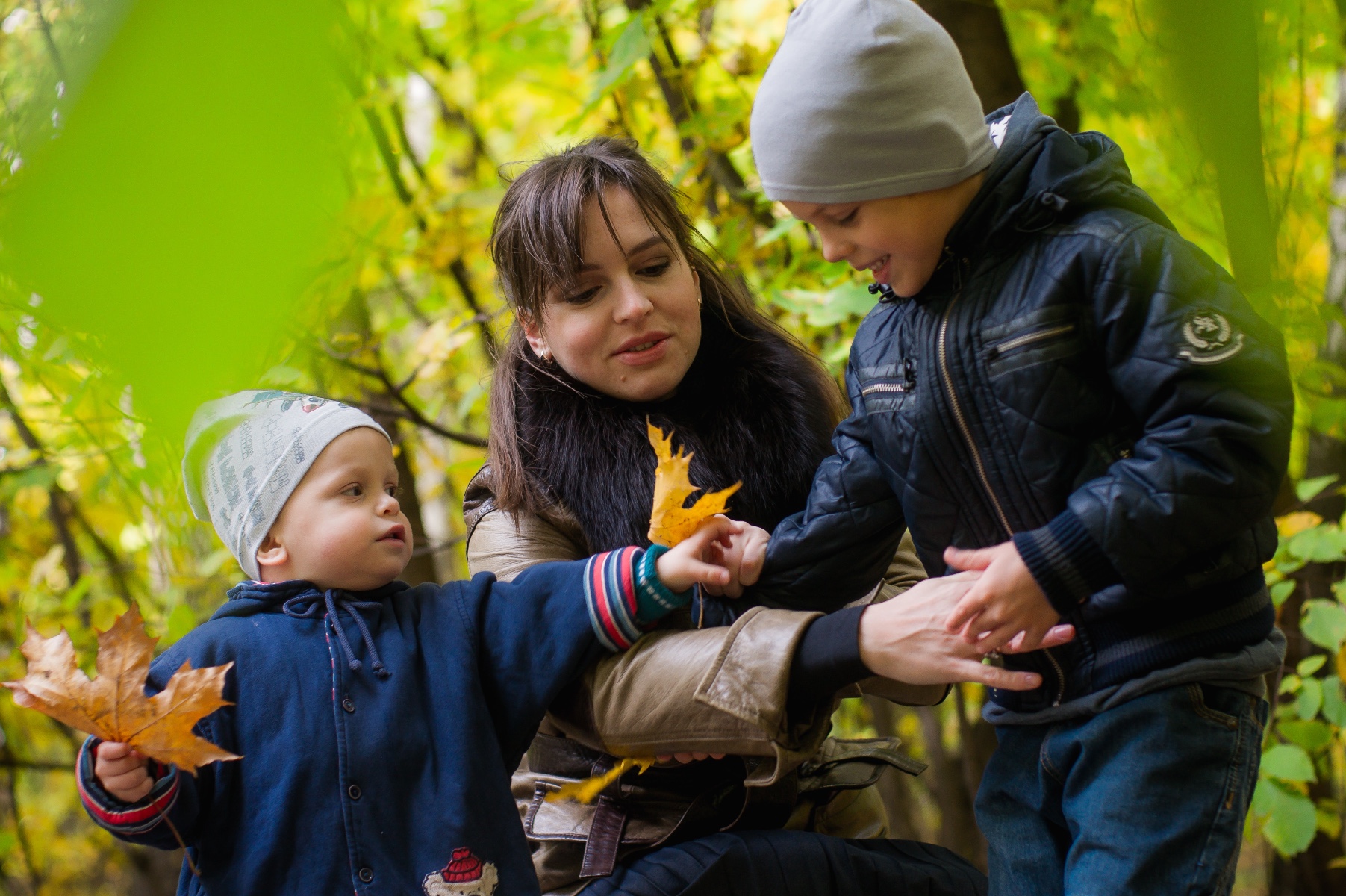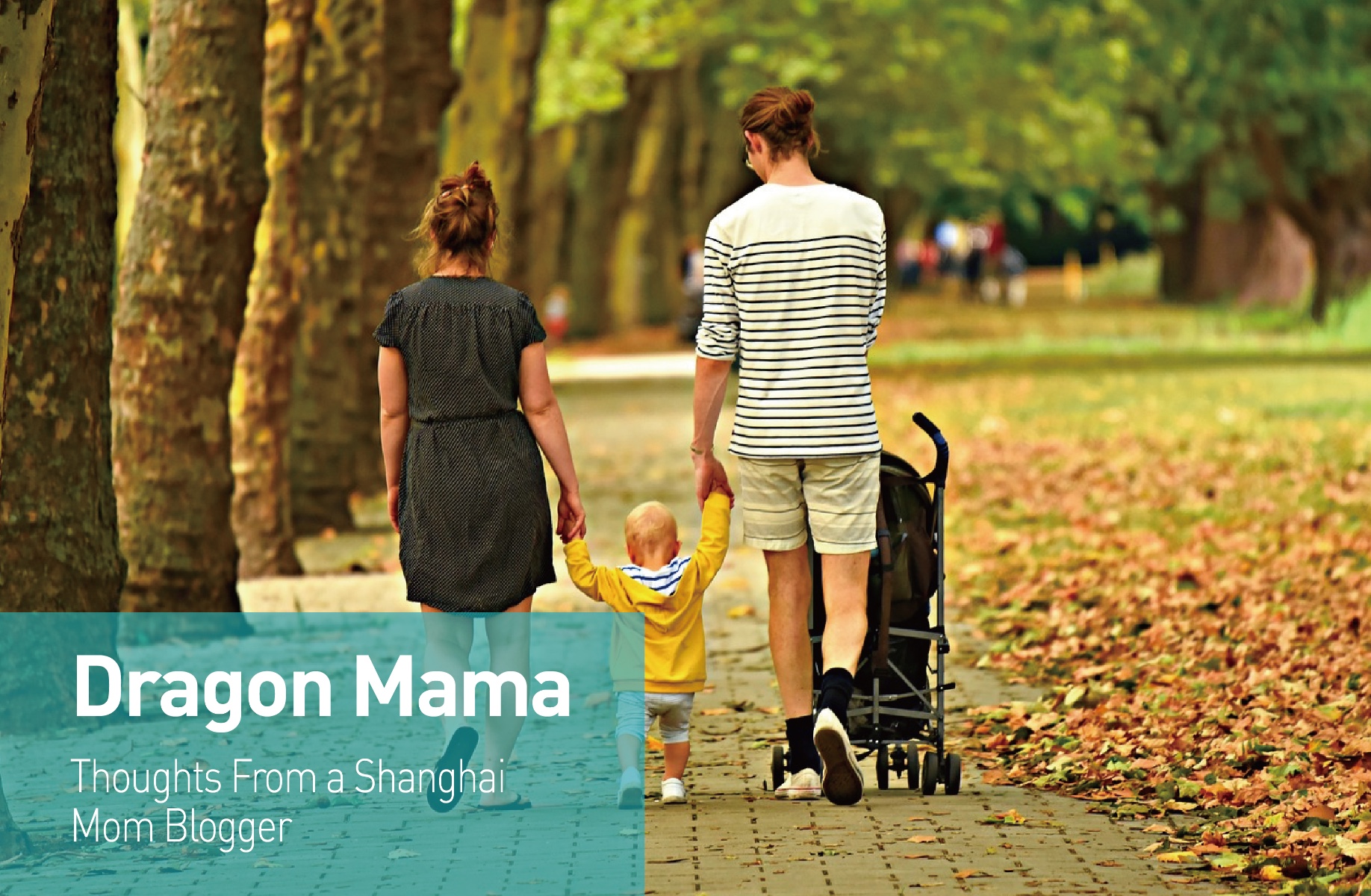
Is it me or is Shanghai becoming a harder place to live in? I’ve ‘only’ been here three years, but already I can sense and see certain changes. So, when people who have been here for 10, 12 or even 15 years say, “It has changed,” I can only imagine what they have seen. If in three years, I feel a little jaded and emotionally exhausted worrying about my kids’ air, water and now, just this week, whether school food is safe, what about those who have been here for eons? They must be either super tough people or super easy going.
The thing is, the longer we stay here, I question whether I’m a good parent. Do I shrug and say, "c’est la vie," if my child is fed rotten tomatoes when I know this wouldn’t happen back home? I worry I might be a bad parent because we could easily choose to live in a country that has good (or great) air, food and water. But, on the other hand, other countries might have me worrying about higher crime levels or a highly-competitive education system. And, what is a ‘good parent’ anyway?
Seriously, I don’t know if there’s such a thing. When people say someone is a ‘great parent’ or a ‘good parent,’ I’m always a little dubious. Don’t they actually mean ‘I think they are good parents for ‘their’ kids at ‘that’ moment? Because every child is different, and every parent is different, and parenting in different moments can also be…well, different.

Image via Pexels
I have known parents who smoked dope with their kids and heard others say they are ‘good parents.’ I tried hard not to choke and be ‘dopingly’ old fashioned, but I wasn’t sure where on the ‘good parenting’ spectrum that stood. "Was that in the 60s?" I wanted to ask (It wasn’t). The thing is, I have learned not to judge things like that as good or bad, but just different, because good parenting is shamelessly relative. “It all depends on everything,” someone wise once said. So, why judge?
Well, if we’re honest, the judgment happens anyway, and we all do it, whether it's consciously or subconsciously. We judge friends, neighbors, your children parenting your grandchildren, the mother walking down the street without holding her kid’s hand, whomever. For someone who writes, observation is a way of life. I like making parenting observations because I learn different ways of doing things, but I believe an inherent part of observing includes judging. I judge whether I like something or not, whether it is something I can incorporate into my parenting or whether it’s something that’s ‘just whack’ and dismissible. If I’m honest, (even though I know better), I struggle to remind myself not to judge the person, but merely admit their method isn’t for me. This is especially so in the midst of a cosmopolitan city like Shanghai, where cultural relativism comes into play.
"What is cultural relativism?" you may ask. Nikki Lisa Cole (Ph.D.), sociologist and lecturer for over a decade defines it as, “the idea that the values, knowledge and behavior of people must be understood within their own cultural context.” It is the opposite of ethnocentrism, which is the practice of viewing and judging someone else's culture based on the values and beliefs of one's own. “When we recognize that the many cultures of the world have their own beliefs, values and practices that have developed in particular historical, political, social, material, and ecological contexts and that it makes sense that they would differ from our own and that none are necessarily right or wrong or good or bad, then we are engaging the concept of cultural relativism.”
Why am I talking about this? Well, I find that cultural relativism is very significant in parenting, and the topic recently arose when I saw a course (priced rather exorbitantly) advertised that teaches children table manners to use in a high-end restaurant. Some moms scoffed at this because this is something easily taught at home and only ‘bad parents’ neglected to do this. Other moms said it was a good investment for the future, because manners are something that are better enforced by a third party, and in our current setting, different table manners applied (not western ones). Who is right? Nobody of course, as ‘it all depends on everything.’ Where and how you were raised, your background, the manners you were exposed to and your context now.

Image via Pixabay
Surprisingly though, there are still a couple of benchmarks regardless of cultural relativism on ‘measuring’ what a good parent is. After interviewing 2,000 parents, Robert Epstein (psychologist, professor, author and journalist, founder of the Cambridge Center for Behavioral Studies), found these pointers:
Be a good role model. Psychologists have found that children really "do as parents do, not as they say." Being a positive role model for good behavior is far more powerful than specific training or disciplinary measures in raising children. These processes of identification and imitation overshadow any statements, rules, and prescriptions for good behavior. Children develop behaviors by observing their parents in day-to-day life. Model relationship skills (having a healthy relationship with your partner models relationship skills), education (having good education models learning opportunities), and healthy lifestyles (eating healthy and being active models a healthy lifestyle).
Live your own life. We can best help our children not by sacrificing ourselves for them, but by trying to fulfill our own lives. When we are involved in an honest pursuit of our goals, we serve as positive examples for our children. We have to genuinely value ourselves, accept all of our feelings, wants, and priorities, and actively participate in our own lives. Instead of living their own lives, many parents live through their children. Rather than striving to fulfill the role of a 'perfect' parent or even a 'good' parent, mothers and fathers can offer their children much more by being real with them; by admitting their shortcomings and weaknesses, sharing with them the history of their own formative years, revealing their personal struggles as well as their successes, and in general relating to them as honestly as possible.
Let your children love you. Parents who have grown up with an image of themselves as unlovable are often resistant to having close, tender moments with their children or to having their child look at them with love. When parents cannot bear to feel their children loving them, they respond negatively to them. Our children need to be able to feel their loving feelings for us, for the people we are behind our roles as parents. If we deny this opportunity to our children, they will suffer emotionally. We need to learn to be receptive to our children's spontaneous expressions of affection and love toward us.

Image via Pexels
Although these seem fairly basic and most of us might qualify, they are helpful to bear in mind when the basics of air, water or food can get your parenting mojo down in Shanghai. I don’t know about you, but reading it certainly made me feel better. I’m still not sure whether doping is for me though!


















